Ben Harack was interviewed on the Ecolibrium radio show on CKUT in Montreal. Topics were Moving Planet, Saskatchewan’s sustainability, and peer-based cross-disciplinary efforts towards sustainability.
Tag: Coal
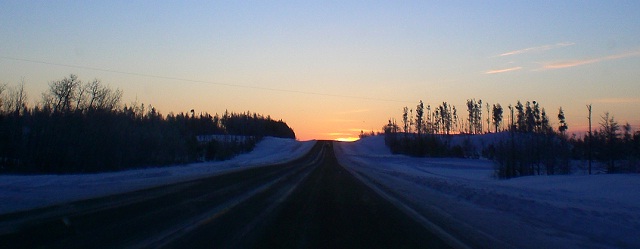
A renewed look at 2010, a sustainable vision for 2011
Here we review major renewable energy topics from 2010 and then turn towards analyzing energy issues for 2011 and beyond.
Power system performance metrics
Everything has its price. Every form of power production has costs in dollars, time, land, materials, pollutants, greenhouse gas emissions, and human deaths. We look at the most important factors for analyzing the feasibility of a proposed power project. Considering only some of these factors will lead to an incomplete picture of power system costs.
Feed-in tariffs: A fitting policy for renewable energy
Here we talk about what a feed in tariff is and how it works. We also conduct an overview of how effective feed in tariffs have been at stimulating the renewable energy industry around the world.
Interview with wind power guru Paul Gipe
Wind power expert Paul Gipe advocates that we deliberately create our green energy future rather than wait around for it to happen. He says that we should aim to democratize our energy production for a more prosperous future.
How can renewables deliver dispatchable power on demand?
What does dispatchable mean? Why is it important? How do we currently do this? Can renewable energy fulfill this role? What other tricks can we use?
Land use of coal vs wind: Still room for debate
Land usage for power systems is a common comparison metric. We demonstrate here that the comparison cannot be conducted meaningfully on such simplistic grounds. Additional factors must be taken into consideration.
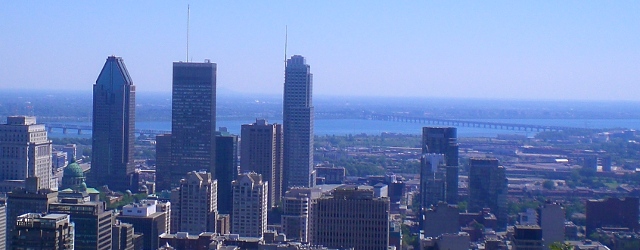
How can you deliberately change your society?
How do people try to chance society? Why do these methods work? How can they be resisted? Progressive and regressive change can depend on many of the same basic techniques.
The regulatory battle over coal fly ash heats up
The coal industry has had a history of lobbying against a hazardous waste label for fly ash. Fly ash is toxic enough that the EPA mandated decades ago that it be captured and stored rather than emitted into the atmosphere.
Misconceptions spreading about the price of solar power
A recent Clean Technica article said that solar power would be cheaper than coal if it received the same subsidies. This is incorrect.

Coal power: Pollution, politics, and profits
Burning coal releases heat energy, but it also releases many other products. Combustion products such as carbon dioxide, water vapour, nitrous oxides, sulphur oxides, particulate matter, and fly ash are also produced in varying amounts.
Is most radiation from nuclear power?
Nuclear power is a tiny fraction of our total radiation dose. Nuclear power is legally obligated to keep its radioactive emissions incredibly low. Even people who live close to nuclear power plants will receive from them only a fraction of the dose that they receive naturally from their environment. Human-made sources account for about 20% of the dose to humans, with nuclear power composing less than 1% of the total dose. Coal is responsible for a larger portion of radioactive dose than nuclear is. This is a point missed by most people involved in the world discussion about energy sources.
Feed-In Tariff: Government Encouraging The Market
The feed-in tariff is a well known policy mechanism in the area of electricity generation. It has been applied in many countries with the intent of encouraging the development of renewable power generation. Such a policy typically involves guaranteeing to desired types of generation both subsidized long term prices for electricity and guaranteed grid access. This policy has been well utilized notably in Germany and Spain, where residents have seen very stable electricity prices coupled with tremendous growth of the renewable energy sector of their economies.
Reliable power rather than baseload
What people really want is reliable power. We don’t want to end up freezing in the dark. Electricity is important enough to our society that our energy security is of great importance to us. This is a fundamental issue that all technically advanced nations have to face.
It would be a mistake to equate baseload with reliable. Baseload power sources still have to turn off sometimes. In some cases, the downtimes for the big thermal plants such as nuclear and coal can be several percent of their lifetimes. If our power grid were based off of only baseload sources of this type we might see rolling blackouts now and then unless we built extra power plants to cover the downtime.
Electricity Grid: Key Terms and Definitions
In the most general sense, we are talking about moving power from one place to another. The electric grid accomplishes this by having power lines between generation stations and demand locations such as homes and businesses. Some general rules apply to this sort of technology. The more power you have to move, the more expensive it will be to build the infrastructure to do it. The further you have to move the power, the more energy losses you are going to have in doing so. These rules apply in general, but the specifics of a problem will dictate what sort of solution is applied.
Would nuclear be too expensive for Saskatchewan?
This piece refers to kilowatt-hours (kWh) and costs-per-kWh as well as cost per installed watt ($/kW). If you are new to these units, please consult our introduction to energy system terms. In this area of knowledge, we defer to our publicly-owned utility for the best possible answer. Sask Power’s analysis in 2009, submitted to the […]
Does nuclear power cost more than other options?
While some variants of nuclear power plants are estimated to cost up to five times as much as competing technologies such as minimally-compliant coal power, these are extreme examples. Most populations will not allow minimally-compliant coal plants to be built because of their substantially dangerous pollution as well as radioactivity levels far above those of a nuclear power plant. Their radioactive and chemical emissions come in the form of massive fly ash ponds as well as airborne fly ash emissions.
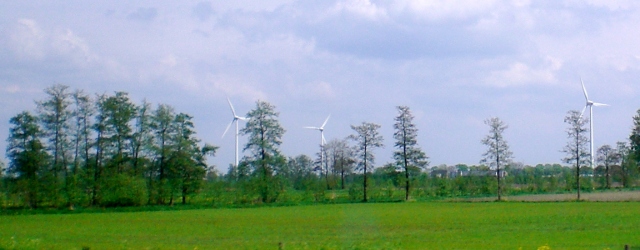
What does ‘renewable’ mean after all?
If you think of renewable sources of energy you probably think of things like wind turbines, solar panels, biomass plants, and hydroelectric plants. However, these are just examples. What does it mean to be renewable?
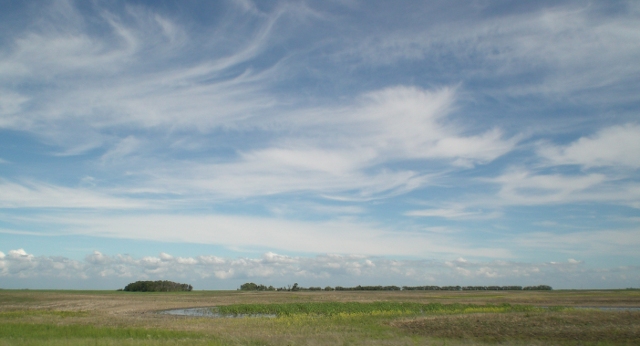
Saskatchewan’s Energy Future
We presented at the Legislature regarding Saskatchewan’s Energy Future. We proposed a feed-in tariff, increased wind power, adoption of a smart grid, and LEED incentives.
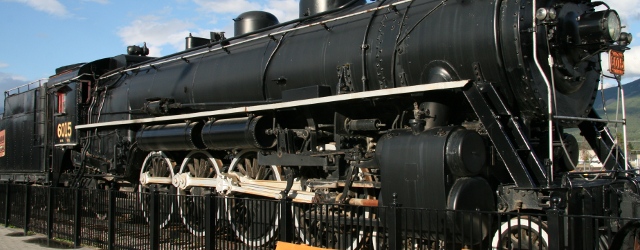
Coal Power
Generating Electricity Coal is used to generate electricity by burning it. The heat is then used to run a heat engine, which utilizes water steam to turn electric turbines. Coal was the fuel that started the industrial revolution, and it’s use continues to grow today. Coal-fired electricity production accounts for more electricity than any other […]